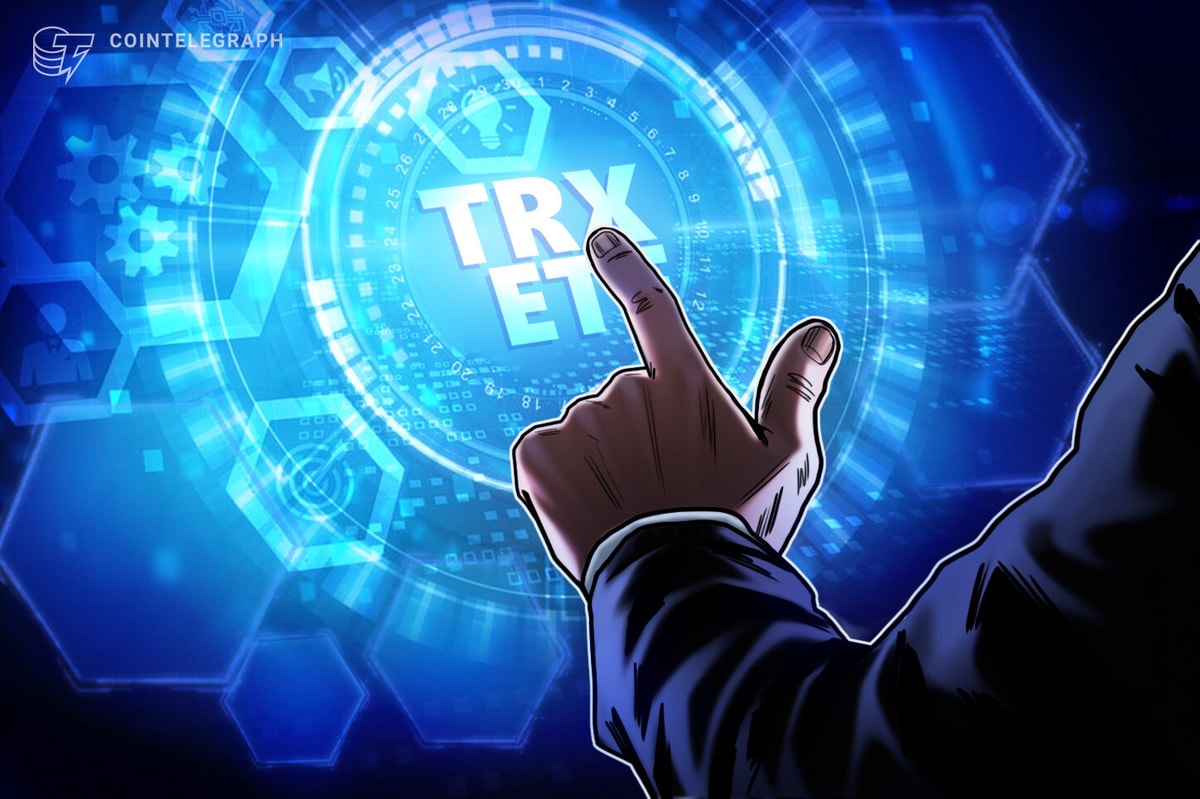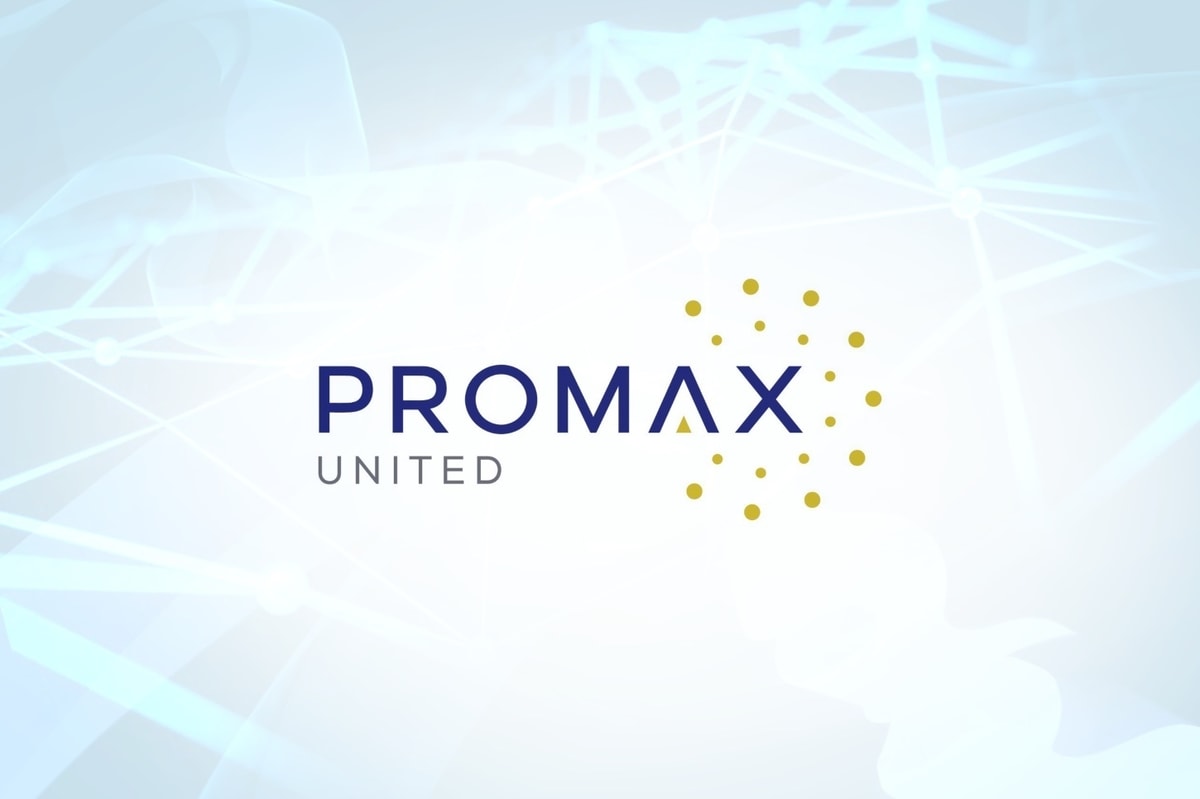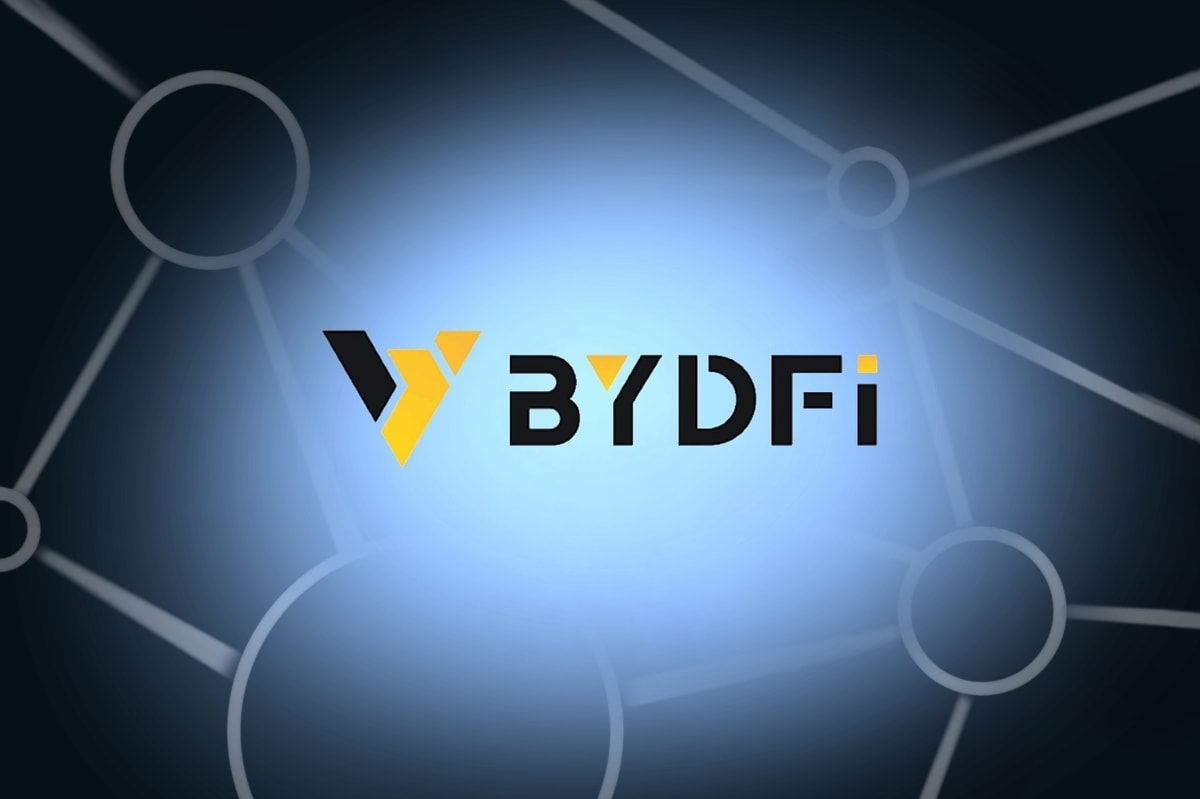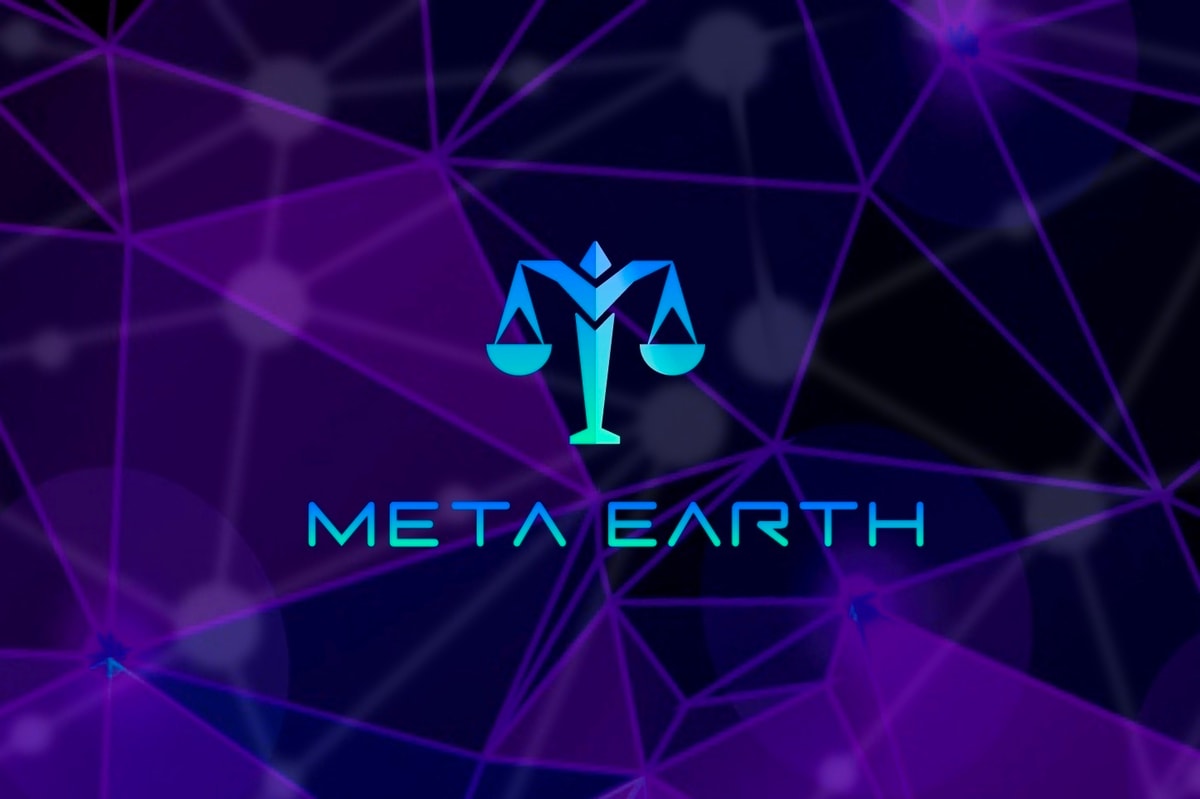There’s an old saying that many of us live by, whether consciously or not: better the devil you know than the devil you don’t. While the stock market and traditional investment tools carry many of the same risks as cryptocurrency and decentralized finance, they’re familiar to investors, there are thousands of industry experts and financial firms, and there are uncounted digital media and print resources to help guide both newcomers and seasoned traders.
While leaning into the unique benefits and potential of crypto, it may be wise for cryptocurrency exchanges and platforms to look to traditional markets to gain insights on managing risk and boosting investor confidence. Below, 11 members of Cointelegraph Innovation Circle share lessons crypto exchanges can learn from traditional markets and finance.
Establish and follow rules to protect investors
CeDeFi, particularly, should automatically abide by certain rules created to protect investors. For example, a clear separation between principal and agency trading should be applied; this is currently unclear at many of the top exchanges. Transparency with regards to counterparty risk is also a no-brainer and would have helped mitigate overexposure in the 3AC/Voyager/Celsius/BlockFi debacle. – Amber Ghaddar, AllianceBlock
Price based on traditional fundamentals
Despite the rhetoric around DeFi markets as the next generation of finance, all of the old rules still apply. For mass adoption to take place, blockchain protocols will need to price based on traditional debt market fundamentals like time value of money and idiosyncratic borrower risk. Only then will the strengths of DeFi’s decentralization, immutability and transparency truly bear fruit. – Brent Xu, Umee
Lean into transparency to build trust
They can learn that lack of transparency has created the lack of trust that exists within the world today. Want to change the paradigm? We can’t just use marketing words like “blockchain” and “crypto” to dazzle the markets. We need to use crypto and distributed ledger technology to leverage their true power: transparency in a world where trust has been marginalized. We have to be different from traditional markets. – John Wingate, BankSocial
Provide free education
There needs to be more free education. Since all investment carries risk, there’s a need for platforms to educate and communicate with users about risk, whether it’s the risk of investing in contracts for difference, crypto or highly volatile stocks. The more informed investors are on risk management, the better investors they will become. – Shiran Herzberg, eToro
Avoid groupthink
Over decades, traditional markets have learned to mitigate risk: market, counterparty and operational. Crypto is now doing this 10 times faster, all while applying new tools. The biggest thing I’d caution on is avoiding groupthink. Use common sense as a North Star — especially in mechanism design. If there’s a free lunch on the risk-reward spectrum, it’s probably too good to be true. – Brandon Neal, Euler Labs
Be open about vetting processes
Communicating the integrity of your exchange’s vetting process is essential to establishing trust in the community. The subprime mortgage crisis in the U.S. demonstrated the risk of valuing junk assets. However, by ensuring only durable, healthy listings make their way into the market, users can feel empowered to approach your tools and services with renewed confidence and peace of mind. – Oleksandr Lutskevych, CEX.IO
Base decisions on data and news
I’m not sure the traditional markets have got it right. There are endless tools to help you navigate risk and predict the future, but if everyone was getting it right, we’d all be billionaires by now. But the key thing is that any decision should be based on chart formations, news and economic factors. If an exchange was to harness all three in an unbiased, AI-driven way, this would be a silver bullet! – Rupert Barksfield, Amulet
Provide alternative data
Cryptocurrencies are part of a fast-growing new asset class; however, with more and more professional investors joining the space, we are starting to experience alpha decay. For that reason, producing alternative data and making it available to customers is paramount. I am a strong advocate of the value of alternative data for the professional analysis of investments in the digital assets space. – Carlos Gomez, Belobaba Crypto Fund
Incorporate tools that enable personalized investment decisions
Exchanges should have an orderly process to assess the investment knowledge and risk tolerance of an investor and only allow them to trade based on those factors. The exchanges should ensure proper liquidity for the investor, implement restrictions for low liquidity and encourage users to utilize cost averaging strategies and adopt a longer-term view of investing. – Motti Peer, ReBlonde LTD
Explain the risks of higher leverage
Higher leverage and less collateral are not always the best options. We have seen massive liquidations of high-risk positions and loans; these are generally readily available products for traditional investors. I believe that exchanges need to work with educating and helping people understand that higher leverage also entails much higher risk. – Tim Haldorsson, Lunar Strategy
Leverage traditional teaching tools
Crypto markets are still relatively new, and up to now, investors have mostly consisted of tech-savvy risk takers. In order to attract new investors, who will require a lot of education, crypto exchanges should look to the educational tools that TradFi regularly employs — such as webinars, seminars and workshops — to help these new investors understand how to best mitigate their risks. – Ayelet Noff, SlicedBrand
This article was published through Cointelegraph Innovation Circle, a vetted organization of senior executives and experts in the blockchain technology industry who are building the future through the power of connections, collaboration and thought leadership. Opinions expressed do not necessarily reflect those of Cointelegraph.
Learn more about Cointelegraph Innovation Circle and see if you qualify to join.











